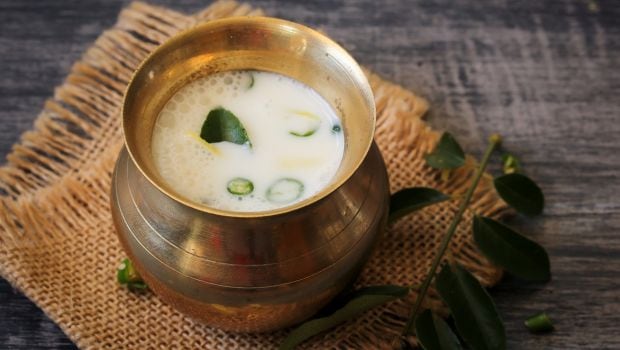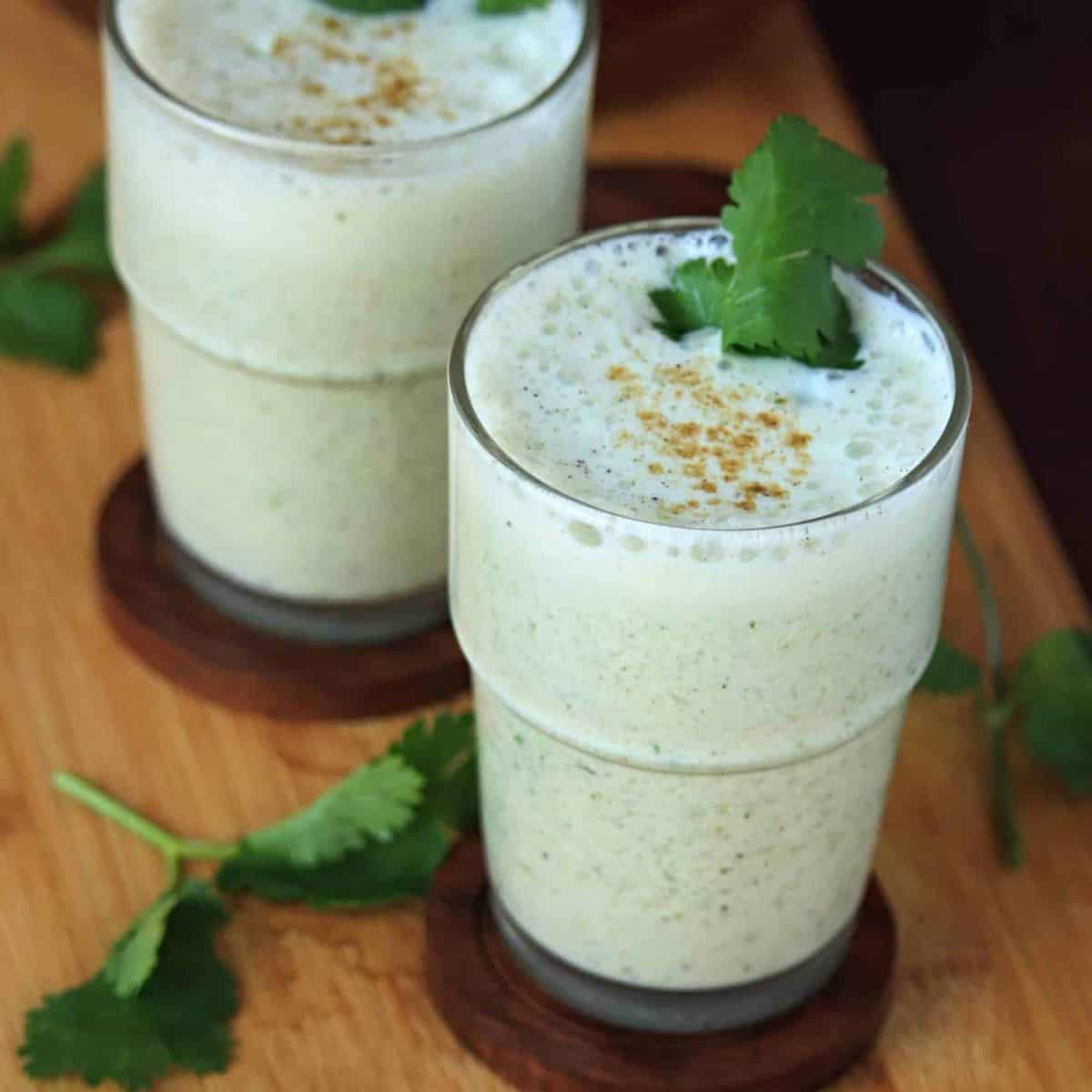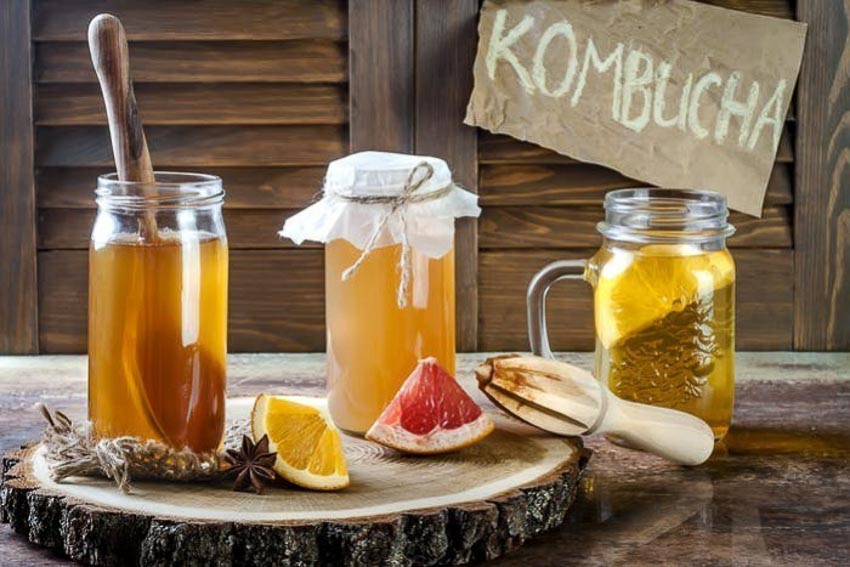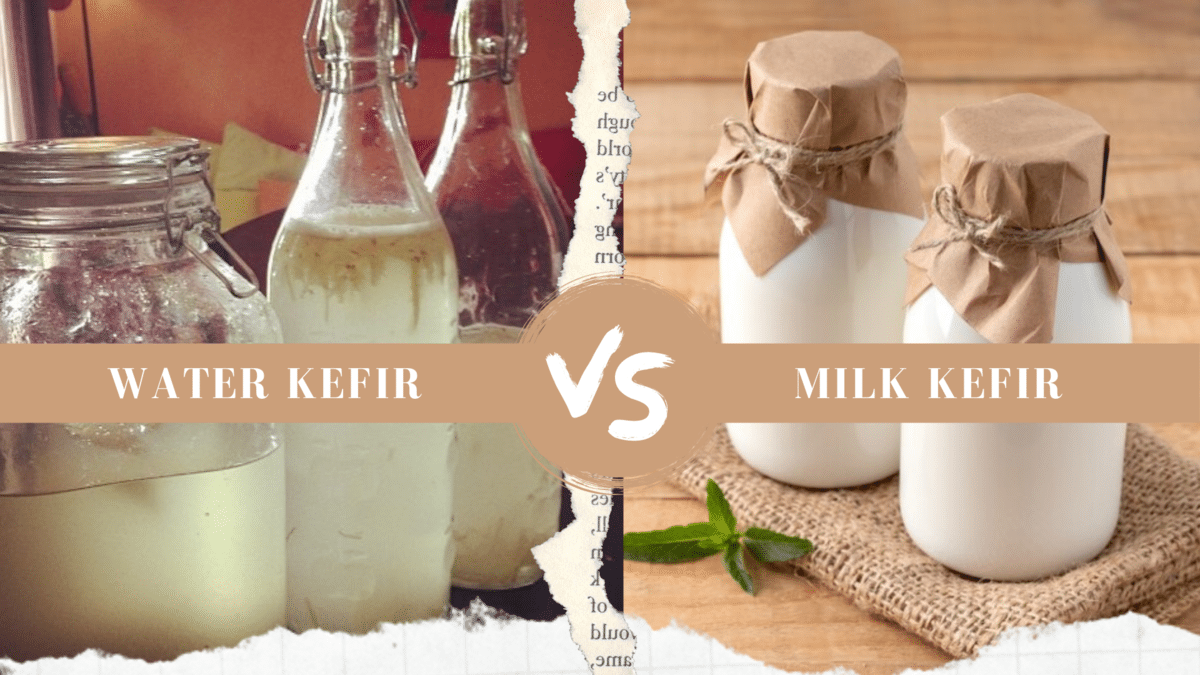Adding probiotics to the diet can help fight pathogens and support gut health. They can also restore the composition of gut microbiome and prevent gut inflammation. Here are 5 homemade drinks that can keep digestive issues at bay.

As the weather transitions from winter to summer, and the temperature goes slightly up, digestive disorders become common. Gastric heartburn is a common springtime digestive issue. In fact studies claim that spring season allergies can affect gut health too. A study published in BMJ Postgraduate Medical Journal found that gastrointestinal issues are more common in people with allergies. It has also been found that a healthy gut microbiome can help improve allergy symptoms. Our gut microbiome has trillions of microorganisms including bacteria, fungi, parasites, and viruses. While in a healthy person the interaction between these microbes is smooth and positive, in case of an illness or allergy, this balance is disturbed and becomes a cause of health issues. (Also read: Recipe: Say cheers to Kanji and boost your digestion this winter season)
Adding probiotics to the diet can help limit growth of pathogens and support gut health. They can also restore the composition of gut microbiome and prevent gut inflammation.
“What we eat directly influences our body in several ways including our gut. Good gut health commonly refers to a nourished gut with trillions of harmless and harmful microorganisms inhabiting the gut microbiome, particularly beneficial bacteria. But how exactly do the beneficial bacteria increase and survive in the gut? There is a class of microorganisms known as probiotics, they are live bacteria (mainly Lactobacillus and Bifidobacterium) that confer many health benefits and extensively help in gut healing. Probiotics help balance the good and bad bacteria which ultimately favours the increase in the healthy bacteria and gut microflora,” says Avantii Deshpaande Clinical Nutritionist and Gut health expert in an interview with HT Digital.
Making probiotics drinks is an age-old tradition in India and several regions specialise in these drinks in various seasons. Avantii shares some of the options for you.
1. Beetroot Kanji

Beetroot Kanji is a homemade probiotic drink traditionally made in Northern India. It is straightforward to make and has a lot of health benefits. It is prepared by naturally fermenting root vegetables carrots and beetroot, water and added with spices and salt. The prepared juice is stored in the refrigerator for 1 month and consumed about 100 ml before lunch or dinner. In addition to it being a probiotic, it is also a great digestive aid and helps relieve heartburn and aids in weight loss too.
2. Rice Kanji

Rice Kanji is a traditional dish from Odisha. It is prepared by fermenting cooked rice which is kept overnight with extra water added to it. Before consuming the following day, it is first ground to a fine paste, with or without curd and tempering it. The overnight storage makes its flavourful along with benefits of natural fermentation. Usually, we recommend this dish for people suffering from gut issues like indigestion, constipation, or IBS for healing.
3. Buttermilk
Setting curd at home is an age-old tradition. The starter culture is rich in probiotics and lactobacilli is the major species present. According to ayurvedic practitioners consuming curd directly would induce a heavy dose of micro-organisms and often recommend consuming buttermilk in place of curd. Since buttermilk is diluted with water its properties change and its best for the body.
As a nutritionist we recommend having either a 1 bowl of curd i.e. 150 g in any meal or then having buttermilk 2 glasses in the day for getting the benefit of natural probiotics.
4. Kombucha

Kombucha is sweet and sour fizzy drink made with tea. Kombucha has been around for almost 2000 years. It was first brewed in China and then spread to Japan and Russia. The ingredients for kombucha are yeast, sugar, and black tea. The mix is set aside for a week or more. The process causes fermentation which gives it the desired flavour and increases the good bacteria. It’s consumed in small proportions like Beetroot Kanji around 100-150 ml at a time.
5. Kefir milk or water
Kefir grains are used for making kefir milk or water. Kefir is a drink made from the fermented milk and water; kefir is a similar product but has a water base instead of milk. Kefir originated centuries ago in the Caucasus Mountains in the Eastern Europe. Kefir has a thinner consistency than Greek yogurt. It contains around 30 unique species of probiotics that are known to improve gut health and that may aid the body’s digestive processes.
It’s a technical process to use kefir grains to set the curd and often requires practice. A small portion – about 100 ml can be consumed along with meals in place of curd or added to smoothies when you prepare. You can easily make the above-mentioned probiotics at home and consume it in the daily diets.
Source: https://www.hindustantimes.com








